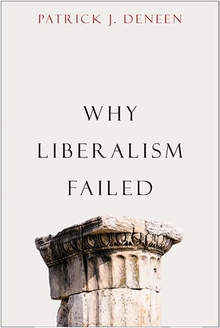The bestselling author of Simpler offers a powerful, provocative, and convincing argument for protecting people from their own mistakes
Based on a series of pathbreaking lectures given at Yale University in 2012, this powerful, thought-provoking work by national best-selling author Cass R. Sunstein combines legal theory with behavioral economics to make a fresh argument about the legitimate scope of government, bearing on obesity, smoking, distracted driving, health care, food safety, and other highly volatile, high-profile public issues. Behavioral economists have established that people often make decisions that run counter to their best interests—producing what Sunstein describes as “behavioral market failures.” Sometimes we disregard the long term; sometimes we are unrealistically optimistic; sometimes we do not see what is in front of us. With this evidence in mind, Sunstein argues for a new form of paternalism, one that protects people against serious errors but also recognizes the risk of government overreaching and usually preserves freedom of choice.
Against those who reject paternalism of any kind, Sunstein shows that “choice architecture”—government-imposed structures that affect our choices—is inevitable, and hence that a form of paternalism cannot be avoided. He urges that there are profoundly moral reasons to ensure that choice architecture is helpful rather than harmful—and that it makes people’s lives better and longer.
Cass R. Sunstein, the Robert Walmsley University Professor at Harvard University, is the author of several books, including Simpler: The Future of Government and, with coauthor Richard H. Thaler, Nudge: Improving Decisions About Health, Wealth, and Happiness. He lives in Cambridge, MA.
yalebook.yale.edu













